Mosquito memory is something that most people think these insects do not have. Some people think that mosquitoes actually remember them. Well, research says that they are actually right. This is a new challenge to repelling mosquitoes. It would seem like a silly idea, but it is true.
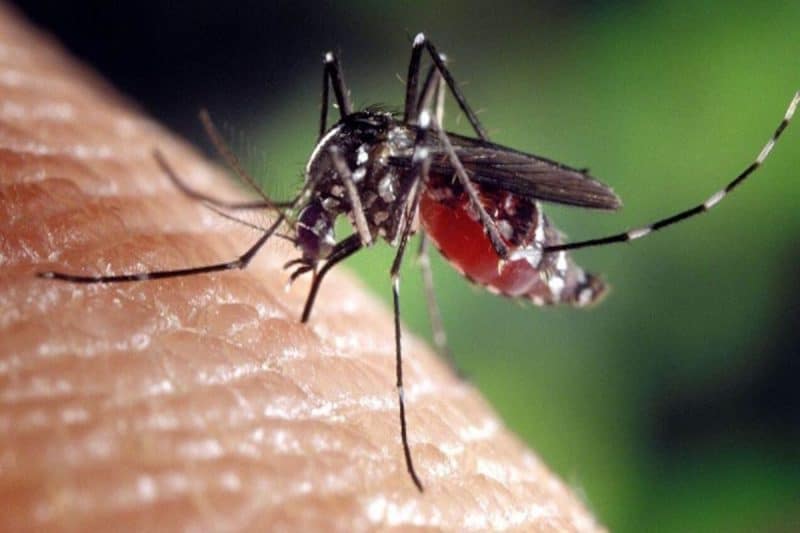
How Mosquito Memory Is Possible
Scientists were able to figure out that dopamine is the main mediator of callous learning in mosquitoes. They used a multidisciplinary approach in discovering this about mosquito memory. Dopamine in mosquitoes is also present in humans. This hormone regulates the pleasure and reward areas of the brain. It also regulates emotional responses and movements. It also helps you move toward rewards and pleasures.
Aloof Learning
Research says that mosquitoes can be trained through aversive or aloof learning. Scientists used Aedes aegypti mosquitoes to link different kinds of odors with shocks and vibrations. The odors included human smells. A day after the shocks, the scientists exposed the mosquitoes to a Y-maze olfactometer. The mosquitoes chose between control odors and human odors. The mosquitoes stayed away from the human odors. This showed that they were well-trained.
Mosquitoes can identify their host by smelling them. They know that a bird smells different from a human. Women also have a different smell than men. Those who drink beer also have a unique smell. Scientists can now take advantage of this ability. Researchers add that if there is an alternative host, humans can divert mosquitoes away from them.
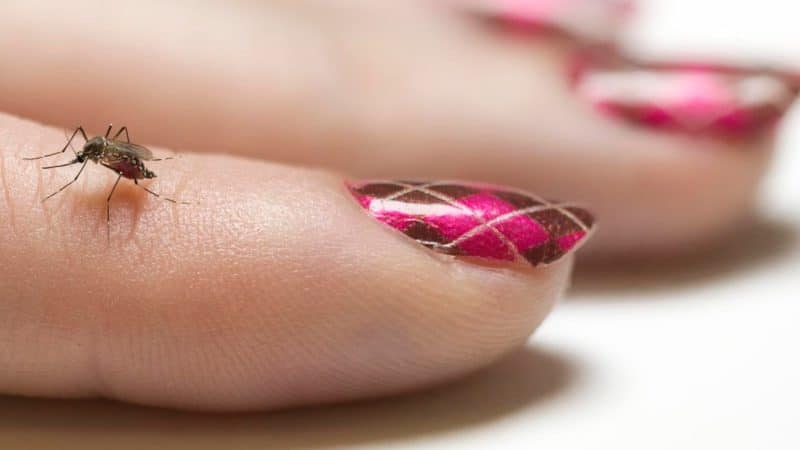
The Mosquito Brain
The study involves making the mosquitoes wear tiny helmets. This is a way to test mosquito memory because it helped the scientists observe and record brain activity. The scientist highlighted the parts of the brain responsible for smell integration. These mosquitoes were exposed to many odors. The scientists observed how the mosquitoes reacted to the smells.
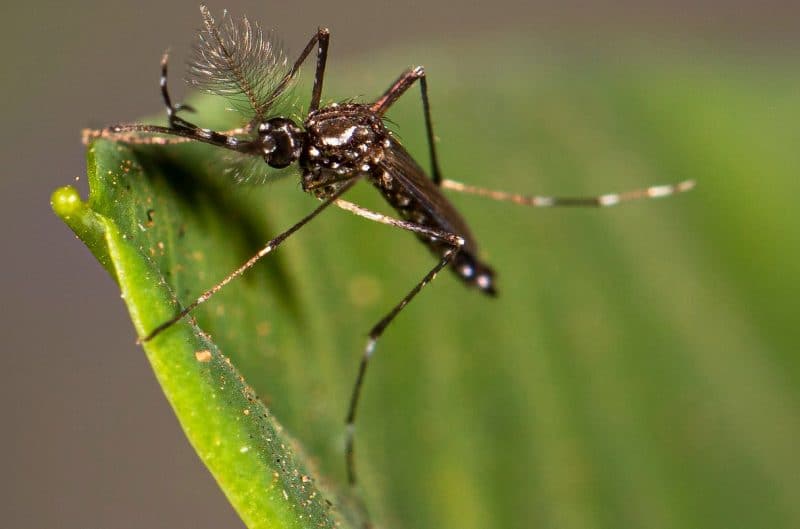
The scientists discovered that dopamine modulated the odor information in mosquitoes. Odors were easier to distinguish and learn in mosquitoes because of this hormone. Even so, scientists still have no way to tell what attracts a mosquito to a specific human. So far, they know that mosquitoes can avoid humans with offensive odors to them and stick to those with more attractive smells.
How Mosquito Memory Helps Mosquitoes Decide When to Avoid and When to Bite
Mosquitoes learn to avoid specific people who swat or spray. Mosquito memory allows mosquitoes to learn quickly. These insects also remember for long periods. To them, humans are prey and predator. That is why they need to learn which humans are safe to approach and which ones are not. This gives them a superior survival advantage in the wild.
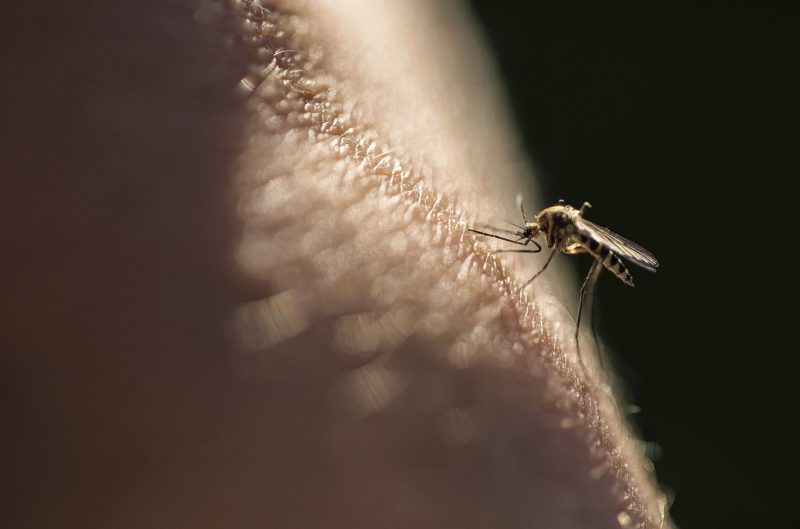
Through mosquito memory, mosquitoes become familiar with the chemicals in human sweat. Octenol in sweat causes a strong response in mosquitoes. Scientists extracted this chemical and presented blood with octenol in it. The insects did not land on it.
The scientists were able to record the neural activity of these mosquitoes through a tethering system. They used electrophysiology to see how the mosquito memory works while the insects are awake and moving. Mosquitoes are adaptive. They have odor preferences that help them recognize favorable hosts.
Mosquito Memory Poses a Challenge to Repelling Mosquitoes
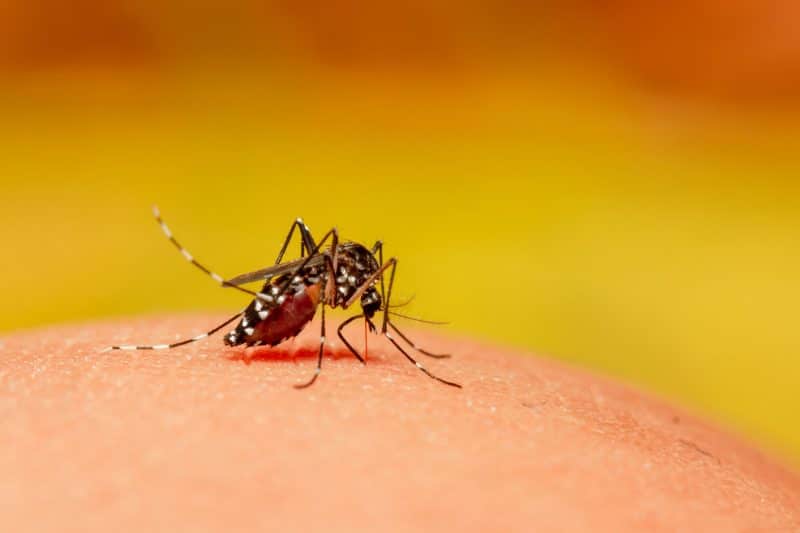
Now that scientists are learning more about mosquito memory, it will be more challenging to repel mosquitoes. Many chemicals are present in human sweat. Scientists are isolating the undesirable and desirable chemicals in it. Their breakthroughs can help repellent manufacturers to come up with new products that repel mosquitoes.